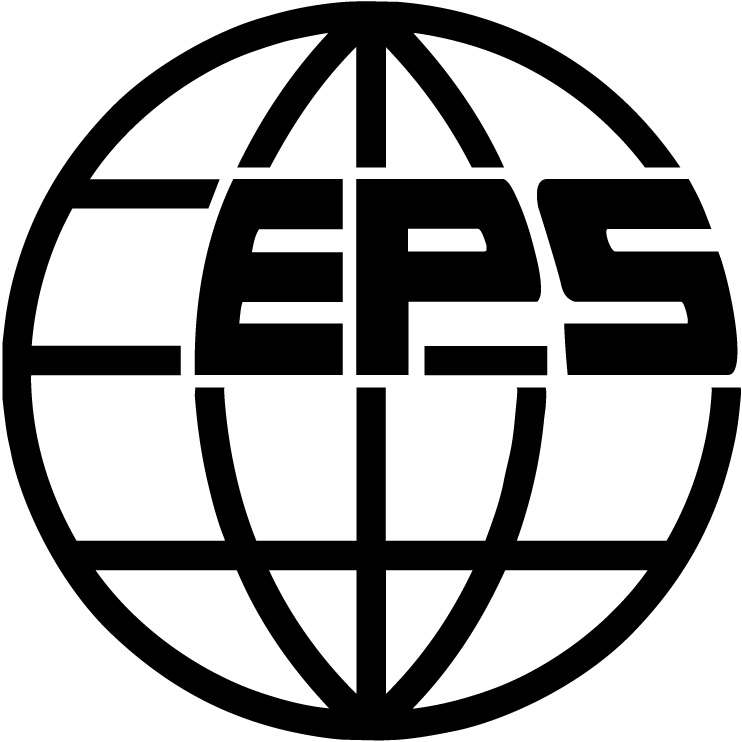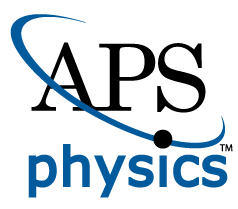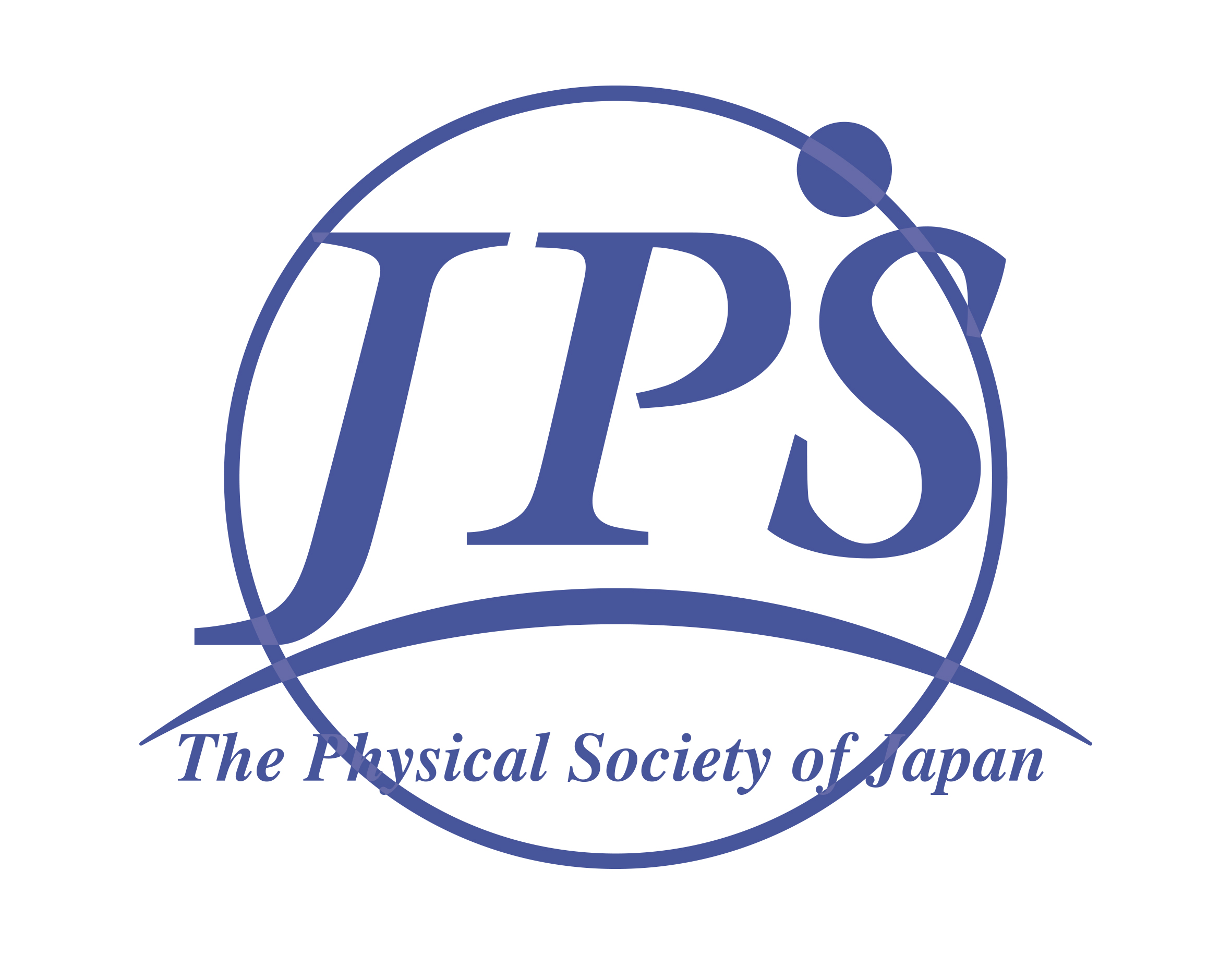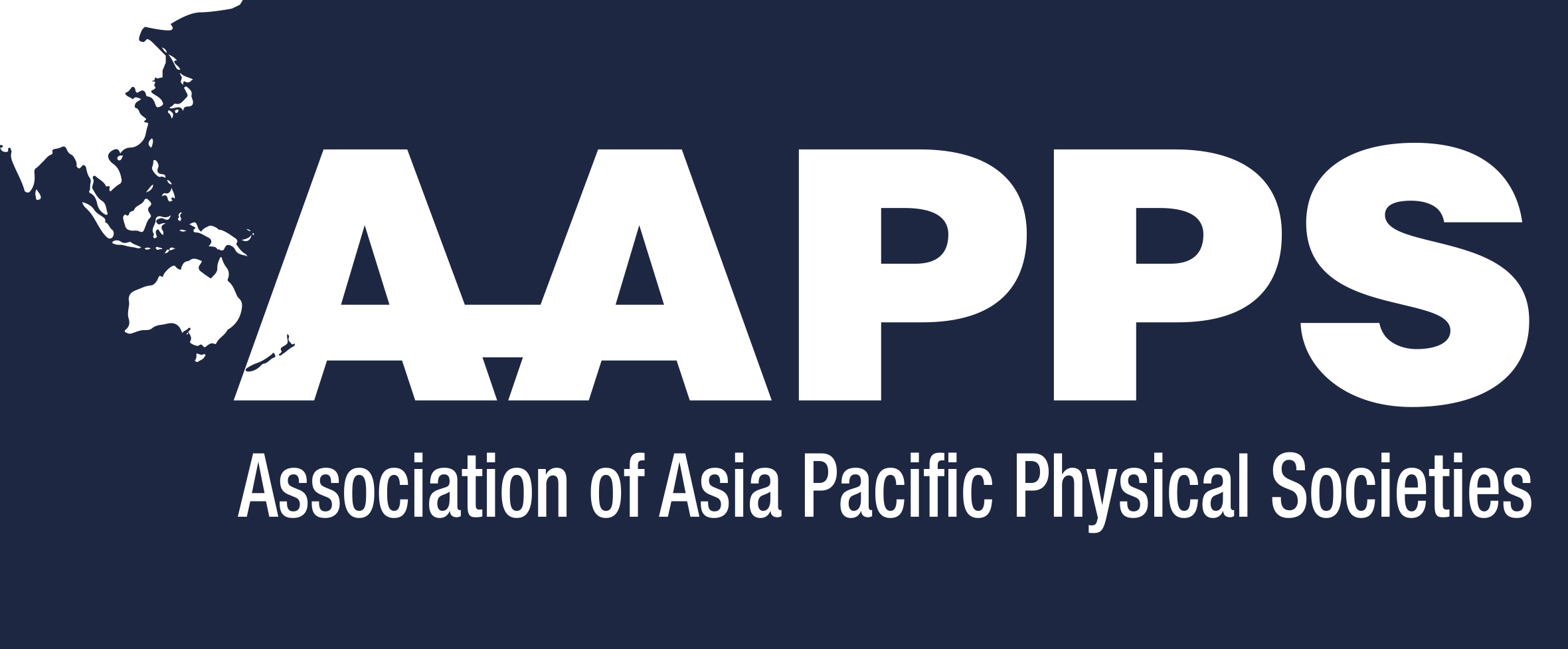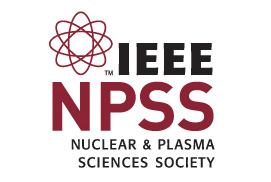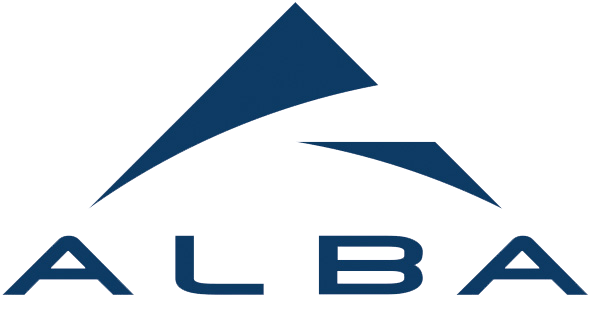Program Tracks
1. Experiment Control
This track focuses on the domain specific control systems and data acquisition for user facility experiments. Experiment control systems must interact with a variety of instrument hardware, sample environment equipment, detectors and data acquisition electronics. These control systems must be flexible and easy to use for experiments with quick turnaround and a heterogeneous user community.
- Experiment automation, scanning, sequencing and run control (e.g. SPEC, GDA, CSS, Sardana, ...)
- Sample environment control including robotic sample changers.
- User interfaces and remote monitoring and access.
- Live feedback and online data reduction and visualization.
- Detector and data acquisition (e.g. Lima, areaDetector, …)
- User information systems and databases.
Keywords: macros, scan, metadata, remote-operation, data-acquisition, macro environment, sequencer, image acquisition, detectors, pixel array detector, CCD.
2. Functional Safety and Machine Protection
This track presents the role and implications of functional safety and machine protection systems in large experimental physics control systems. It will further consider Personnel Safety Systems and Patient Protection Systems where radiation is used in the diagnosis and treatment of patients.
- Choice and application of standards: this considers the selection of international standards for functional safety, and their application in the specification, design and life cycle of such systems.
- Aspects of functional safety and machine protection systems: this area discusses topics such as the specification, design, implementation and commissioning processes (e.g. FMEA's) along with interlock considerations, interactions with other facility controls systems, required reliability, machine up-time, availability and maintainability.
- Operational experience and lessons learned: what has gone wrong or can go wrong in safety systems and what can we learn, including incorrect specifications, omitted safety requirements, random hardware failures, systematic hardware failures, software errors, common cause failures and environmental influences?
- Human factors: this area appreciates how the man/machine interface contributes positively to successful, reduced-risk operation and ease of use.
Keywords: PSS, EPS, MPS, PLC, SIL, radiation protection, risk analysis, safety PLCs, relays, interlock, operation permits.
3. Software Technology Evolution
This track covers what is new or innovative in the software technologies to build control systems. Of particular interest is experience gained and lessons learned from applying new approaches in practical software development projects.
- Control system evolution: new control system frameworks and evolution of existing control system toolkits (e.g. EPICS, TANGO, DOOCS, ACS ...).
- Middleware technology: reports on performance and scalability of middleware and the usage of web services and service-oriented architecture (SOA) (e.g. ZeroMQ. ActiveMQ, DDS, Kafka, …)
- Advanced software development techniques: new programming languages, design and code for easy debugging, refactoring in practice, model-driven development, test-driven development, domain-specific languages and code generation, new operating systems or extensions.
Keywords: middleware, control system frameworks, web-services, SCADA.
4. User Interfaces and User eXperience (UX)
This track focuses on how human beings interact with computer-based systems. This includes what humans expect from their experience, how humans control hardware as well as how humans interact with user interface.
- Ease of use.
- UX (User eXperience).
- Style guides, look and feel.
- Data visualization tools.
- Interface building toolkits (e.g. CSS, JDDD, Taurus, ATK, …)
- Web interfaces and apps.
- Reporting tools.
- Mobile device development to enable remote operation and monitoring.
- Emerging interface trends.
Keywords: GUI (Graphical User Interface), data visualization tools, synoptic, plotting, archive viewers, dashboards, web frameworks, touch screens, CLI (Command Line Interfaces), mobile apps, electronics logbooks, alarm handlers, intelligent data display, virtual displays, augmented reality, voice control.
5. Project Status Reports
This track presents an overview of new or upgraded experimental physics facilities with a control system perspective. Status Reports typically cover the stages of a project from the conceptual proposal through commissioning. Presentations should include descriptions of the most challenging issues facing the facility. Projects that involve novel or unusually complex or demanding control systems are strongly encouraged.
- Reports on facilities such as particle accelerators and detectors, fusion devices, light and photon sources, telescopes, gravitational wave detectors, etc.
Keywords: HEP, telescope, satellite, synchrotron, FEL, neutron source, spallation, laser, facility, installation, commissioning, design, tokamak, ion, therapy.
6. Control Systems Upgrades
This track focuses on the extension, modification or enhancements of existing control systems or existing platforms and frameworks, by using new techniques and covering new domains. It also assesses the change control process and the optimization of the transition to the upgraded systems.
- Policies and strategies in control systems upgrades transitions (e.g., change management, new operational models, new maintenance paradigms, operator’s training).
- Risk analysis and mitigation, strategy for minimizing the downtime in the transition phase.
- Lessons learned in upgrades definition, specification and implementation.
- Return On Investment (ROI) analysis, with considerations on Total Cost of Ownership (TCO) models.
- Approach to selection and/or adoption of new technologies, and negotiations with users and stakeholders.
- Enhancing the flexibility, the evolutivity and the maintainability of the system.
Keywords: Legacy systems, upgrade, obsolete, maintainability, long-term support, shutdown periods, operations, risk analysis and mitigation, strategy, change management.
7. Data Management and Processing
This track focuses on policies and processes implemented for scientific data access and data curation, as well as systems and infrastructures for pipelined data processing and remote data analysis. This includes issues arising from the storage, processing, indexing, search, retrieval and analysis of the scientific datasets as well as the metadata related to samples, experiments, processes and publications.
- Distributed database systems.
- Public and private clouds.
- Data policies.
High performance data storage systems. - Tools, frameworks and applications for data analysis.
- Hardware and software architectures network and tools implemented for scientific data management.
- Laboratory Information Management Systems.
- Data formats, metadata systems.
Keywords: cloud computing, Openstack, metadata catalogues, LIMS, ICAT, IsPyB, GPUs, GPFS, Lustre, HPC, HTC.
8. Integrating Diverse Systems
Large-scale experimental control systems are frequently built from the aggregation of many heterogeneous components comprised of in-house and commercial off-the-shelf systems. Component selection is driven by decisions of technical requirements, industrial standards, institutional policy, community best practices, financial or resource considerations, etc.
This track aims to present the experiences, issues and lessons learned related to the design, construction and evolution of the diverse control systems and their potential integration, covering architectures, technologies and methods.
- Design paradigms and technology evolution (e.g. IoT, interoperability…)
- Control system coupling
- Low-level control component integration
- Customization levels of commercial off-the-shelf components
- Scalability and real-time performance
- Maintainability
Keywords: scalability, customization, integration, process control, SCADA, PLC, PAC, IPC, industrial communications, fieldbus, smart sensors, alarms, motion control, robotics, dynamic simulation, virtual commissioning, maintenance, fault detection.
9. IT Infrastructure for Control Systems
This track addresses the IT infrastructure of networks, processing nodes, data storage systems and databases used in Controls Systems. The cyber security aspects and cloud computing solutions are also discussed.
- Networks.
- Power usage management.
- Storage systems (If related to data analysis, please check the track on Data Management).
- Configuration management.
- Continuous integration and continuous deliveries including systems such as Travis, Jenkins, and many others.
- Installation methods and tools of control system computers and controllers.
- Design for and addressing off-normal situations.
- IT disaster recovery strategies.
- Interfaces between central IT and control systems-specific infrastructures and devices.
- Virtualization.
- Server and application hosting.
- Service desk management, and tools for managing tickets such as Jira, RT and many others.
Keywords: backup, storage, Linux, Proprietary Operating Systems, Hypervisors, network, switches, multi-core processor, VPN, LDAP, firewall, NFS, DHCP, RADIUS, DNS, TCP/IP, Nagios, Icinga, Tivoli, Bacula.
10. Feedback Control and Process Tuning
Modern experimental physics facilities are very complex machines that cannot be operated without the use of sophisticated systems automatically executing tasks that are not manageable manually by physicists or operators.
Examples are optimization tools for tuning the machines and improving their performance, as well as feedback/feed-forward systems assuring the stability of critical parameters during operation. In some cases these systems require dedicated real-time platforms with deterministic communication capabilities or the usage of FPGAs.
Of particular interest are systems featuring human-like capabilities, able to learn and adapt to different situations. These systems can benefit from the acquired knowledge and gained experience to understand behaviors and recognize phenomena, and eventually support humans in solving complex problems.
- Software or FPGA based feedback and feed-forward systems.
- Use of models and simulators.
- Predictive and adaptive correction systems.
- Automatic tuning and optimization techniques, multi objective optimization, genetic algorithms.
- Fuzzy logic, neural networks, artificial intelligence, machine learning.
Keywords: feedback, feed forward, model, simulation, predictive and adaptive, correction, automatic tuning and optimization, genetic algorithm, fuzzy logic, neural network, artificial intelligence, machine learning.
11. Hardware Technology
This track focuses on hardware design as applied to the operation of large physics facilities, with an emphasis on collaborative efforts among laboratories and companies using Open Source Hardware practices.
- Hardware platforms: microTCA.4, xTCA, FMC, VME, VXS, VPX, PCI/PCIe, PXI/PXIe, Network-Attached Devices (NAD)...
- Printed circuit board (PCB) design.
- Programmable logic design, System-on-Chip (SoC) design, including embedded processors in Field Programmable Gate Arrays (FPGA).
- Hardware/software co-design.
- Hardware and gateware simulation, verification and testing.
- Data links for distributed controls and data acquisition.
- Radiation-hardened design.
- Collaborative design tools.
- Reliability and Electromagnetic Compatibility (EMC).
- Availability and redundancy.
- Commercial-Off-The-Shelf (COTS) systems, both open source and proprietary.
- Integrated self-diagnosis.
- Upgrade and maintenance strategies and life cycle management.
Keywords: xTCA, FMC, VME, PCI, PCIe, PCB, FPGA, HDL, SoC, EMC, Open Hardware.
12. Timing and Synchronization
This track focuses on timing and synchronization issues and challenges in particle and light beams, data acquisition, pump-probe configurations, etc. Papers should demonstrate the way issues such as precision, stability, jitter and performance are managed to build custom systems.
- Architectures for timing distribution.
- Timing protocols such as NTP, PTP, or IEEE 802.1AS.
- Timing systems such as MRF, Greenfield, and White Rabbit.
- Facility-specific timing systems and protocols.
- Methods for transmission delay compensation.
- Solutions for extremely high precision (sub-picosecond) timing requirements.
- Beam synchronous trigger techniques for Data Acquisition.
Keywords: Timing, Synchronization, NTP, PTP, MRF, White Rabbit, Delay Compensation, Event Systems, Distributed Clock Systems, High Precision Timing, beam synchronous triggering, pump&probe, trigger.
13. Systems Engineering, Collaborations and Project Management
This track focuses on systems engineering techniques and case studies used to manage complex engineering projects over full life cycles and project management and collaboration techniques used to manage diverse projects.
- Technology integration and design of complex systems.
- Systems modeling and optimizations.
- Risk management in design, construction and commissioning processes.
- Requirements and interface management.
- Validation and verification techniques.
- Collaborative processes enabling effective interactions between diverse institutes and countries.
- Lessons learned through project lifecycle phases.
- Team building in diverse and/or multicultural environments.
- Human factors such as work-life balance.
- Scope, schedule, budget, and quality assurance management techniques.
Keywords: risk management, project management, quality assurance, integration, systems modeling.
14. Data Analytics
This track focuses on examining datasets from different data sources with the purpose of uncovering hidden patterns, correlations and other insights. Use cases can cover the plants under control as well as the control systems themselves. Data can be analyzed online, offline or in a combination of both. Analytics also favors data visualization to communicate insights, inferring conclusions and representing the results in a comprehensible form. Note that scientific data processing and analysis is covered by a different track: Data Management and Processing.
- Analytics ecosystems (e.g. Hadoop, …)
- Data analytics frameworks (e.g. Spark, …)
- Data mining (e.g. ElasticSearch, …)
- Statistics, and statistical models.
- Dependability.
- Risk analysis.
- Bayes analysis.
- Real time analytics.
- Searching and retrieval.
- Predictive analytics.
- Machine learning.
- NoSQL and time series databases (e.g. Cassandra, MongoDB, …)
Keywords: analytics, NoSQL, big data, notebooks.

